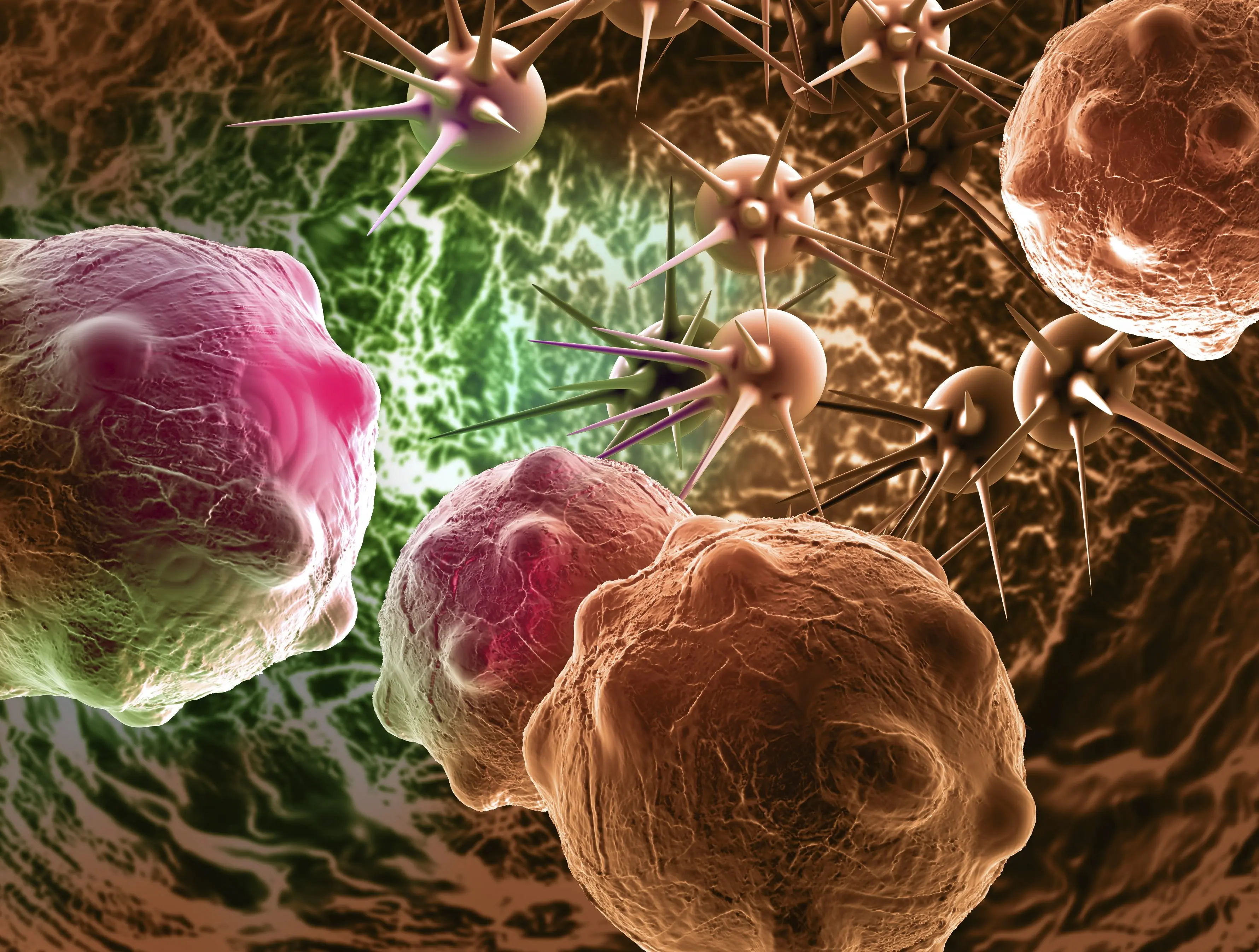
Shocking Discovery: Sperm Don’t Compete — The Egg Picks the Winner!
In the popular imagination - and even in many biology textbooks - sperm are often portrayed as valiant swimmers racing toward an egg, with only the fastest and strongest winning the ultimate prize: f:ertilization. But groundbreaking new research challenges this long-held narrative. According to a study published in the journal Proceedings of the Royal Society B, it's not the sperm that "wins" the race - it's the egg that chooses which sperm will fertilize it.
This revelation not only shifts our understanding of human reproduction, but it also opens new doors for treating infertility and decoding some of the "unexplained" mysteries of human fertility. As one expert put it: "The idea that eggs are choosing sperm is really novel in human fertility."
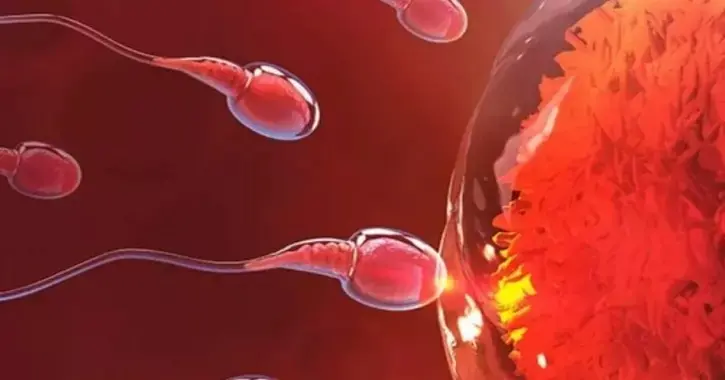
The Groundbreaking Study: What Was It All About?
Titled "Chemical signals from eggs facilitate cryptic female choice in humans", the research was a collaborative effort between scientists at Stockholm University and Manchester University NHS Foundation Trust. The study delves into the subtle, almost invisible chemical communication that occurs between sperm cells and the female reproductive system.
For decades, scientists have known the basic mechanics of f:ertilization: sperm are ejaculated, they travel through the reproductive tract, and one eventually meets the egg. But what’s been less understood is how exactly the egg "chooses" a sperm, especially when hundreds may reach it at once.
This study suggests that female reproductive cells - specifically eggs - emit chemical signals that actively guide, attract, or repel incoming sperm. These chemicals, known as chemo-attractants, are present in the follicular fluid surrounding the egg and appear to play a vital role in determining which sperm gets the chance to fertilize it.
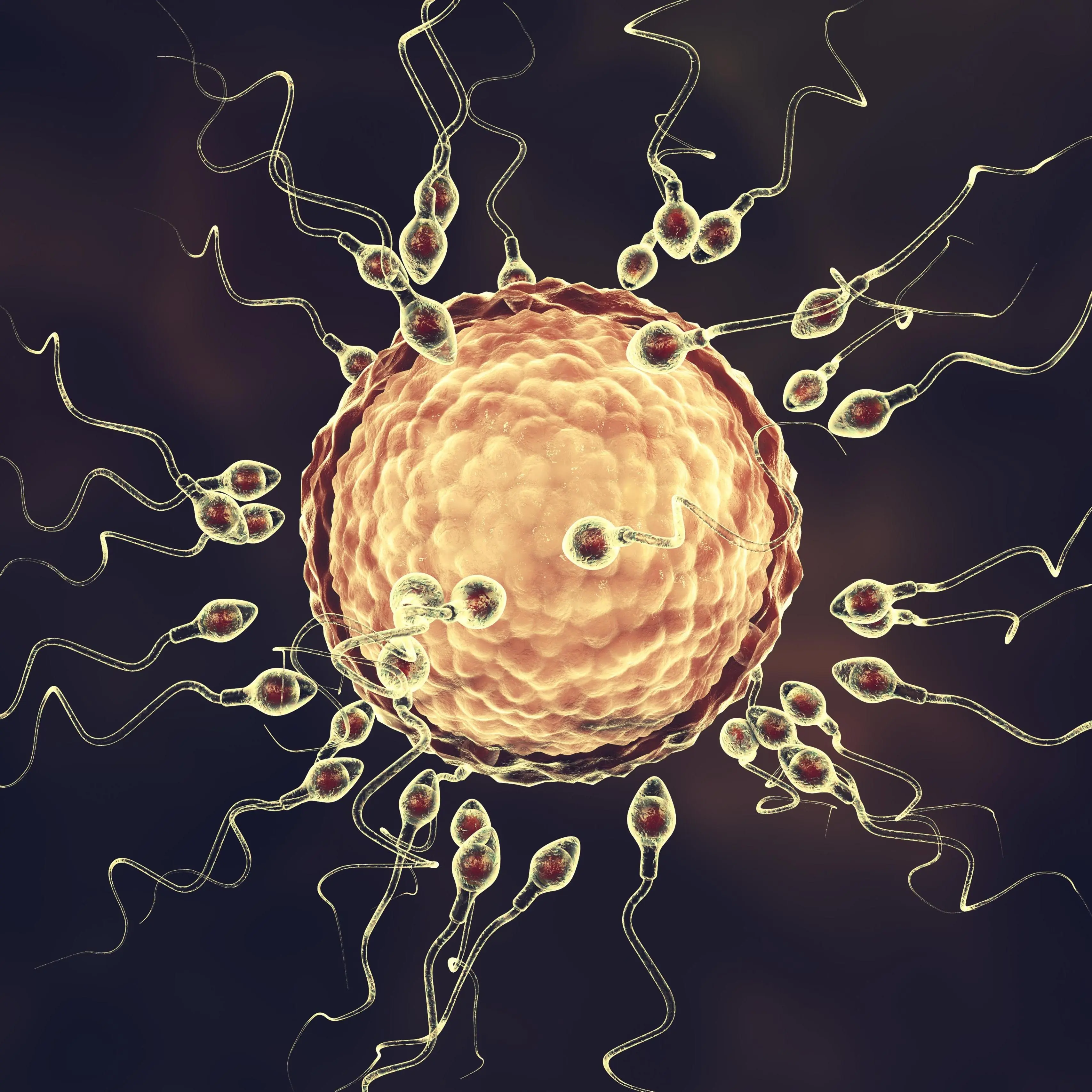
A Closer Look: How the Research Was Conducted
To explore these biological dynamics, the team examined sperm and follicular fluids from six couples undergoing fertility treatments. The researchers were particularly interested in how follicular fluid - the nutrient-rich substance surrounding a maturing egg - interacted with sperm cells.
They carried out a series of microscopic assays designed to test "gamete-mediated mate choice," which is the idea that the egg can biochemically select the most compatible sperm. Each woman's follicular fluid was exposed to sperm from both her partner and unrelated males, enabling scientists to observe whether eggs demonstrated preferences based on chemical compatibility.
“Human eggs release chemicals called chemo-attractants that attract sperm to unfertilized eggs. We wanted to know if eggs use these chemical signals to pick which sperm they attract,” explained study author Dr. John Fitzpatrick, Associate Professor at Stockholm University.
Surprising Results: The Egg’s Discerning Nature
What the researchers found was nothing short of remarkable. Follicular fluid didn’t attract all sperm equally. Instead, there were significant variations in how sperm from different men responded to the same woman’s follicular fluid.
“Follicular fluid from one female was better at attracting sperm from one male, while follicular fluid from another female was better at attracting sperm from a different male,” Fitzpatrick said. “This shows that interactions between human eggs and sperm depend on the specific identity of the women and men involved.”
In other words, each egg may be chemically ‘tuned’ to attract sperm from a biologically compatible partner, even if that partner isn't the one providing the sperm in a given scenario. This suggests that eggs exert what's known in evolutionary biology as "cryptic female choice" - a mechanism for subtly influencing which male’s sperm achieves f:ertilization after mating has occurred.
Rethinking the "Race to the Egg"
The traditional narrative - millions of sperm racing to an egg in a frantic sprint, with the winner being the strongest - is now being challenged by this new model, where the egg acts more like a gatekeeper than a passive recipient.
“They [sperm] start to go straighter, and they start to change the way they swim,” Fitzpatrick said. “So depending on the strength of that signal, you can get different responses in how the sperm are responding to these female chemical signals within their follicular fluid.”
This chemical "signal" seems to affect sperm behavior profoundly. In compatible matches, sperm swam straighter and more efficiently; in incompatible pairings, sperm became sluggish, and their movement less directed - essentially, the egg's fluid can slow down sperm it doesn’t "like".
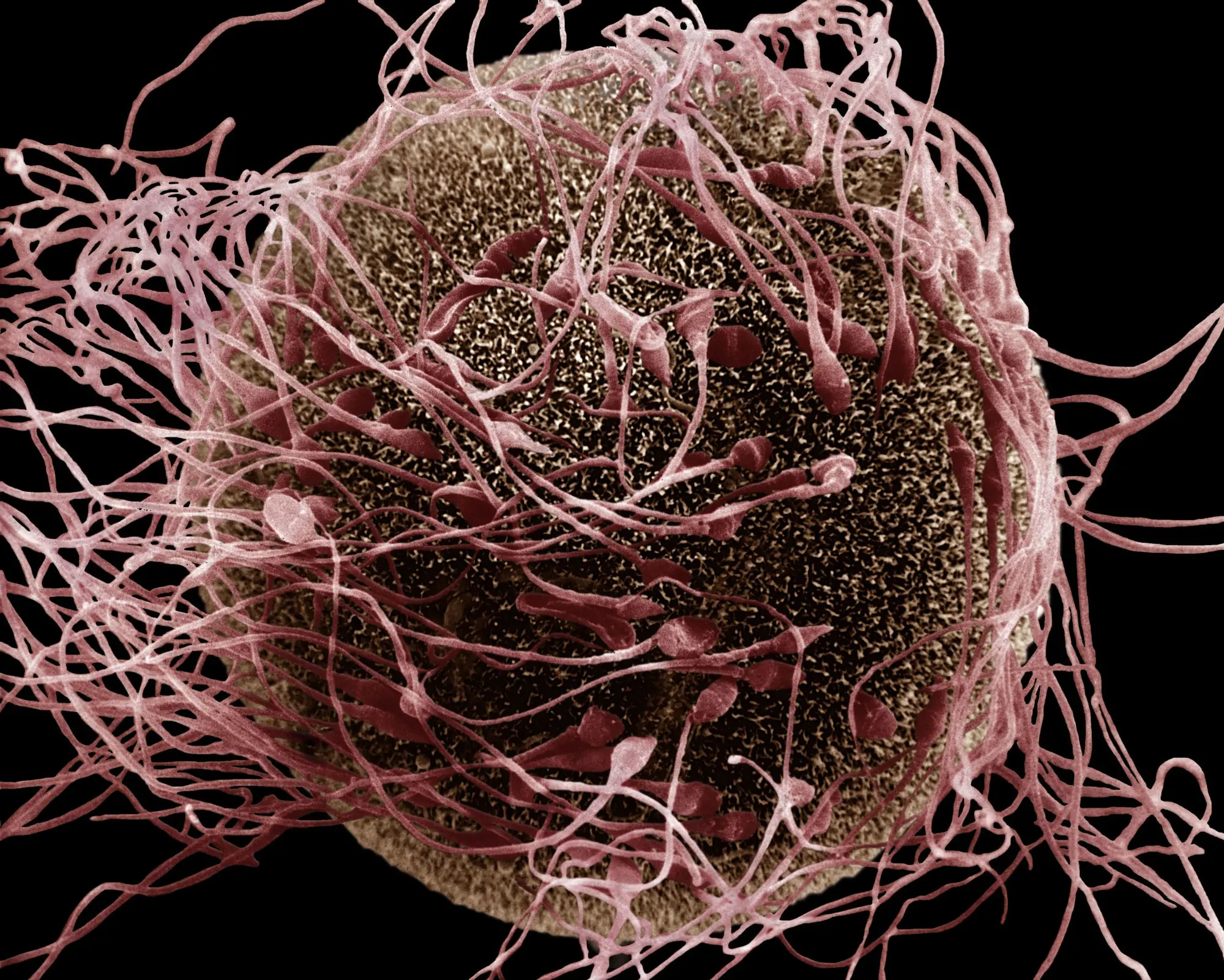
Implications for Fertility Treatments
Beyond its biological significance, the study could have profound implications for treating infertility, particularly the frustrating category known as "unexplained infertility," which affects many couples.
Professor Daniel Brison, scientific director of the Department of Reproductive Medicine at Saint Mary’s Hospital and senior author of the study, emphasized the potential impact:
“Research on the way eggs and sperm interact will advance fertility treatments and may eventually help us understand some of the currently 'unexplained' causes of infertility in couples.”
This could lead to new diagnostic methods that test for chemical compatibility between sperm and follicular fluid, perhaps allowing for better sperm selection in procedures like IVF (in vitro f:ertilization). If the egg has a preference for a particular sperm based on chemical compatibility, choosing sperm that align better with a woman's follicular fluid could improve f:ertilization success rates.
Chemical Incompatibility: A Hidden Barrier to Conception?
One of the most exciting elements of this study is the introduction of the concept of chemical incompatibility - the idea that a sperm may appear healthy and motile under normal conditions but fails to fertilize an egg due to poor chemical alignment with that specific egg’s environment.
Fitzpatrick elaborated on this point:
“Eggs attracting around 18 percent more sperm from specific males would likely be pretty important during f:ertilizations inside the female reproductive tract,” he noted. “We weren’t considering how chemical signals might influence egg-sperm interactions before. Our work helps open the door to consider this in the future.”
In essence, this could explain why some couples struggle to conceive despite normal fertility test results. Their reproductive cells might simply be biochemically mismatched.
The Broader Biological Context: Cryptic Female Choice Across Species
This isn’t the first time cryptic female choice has been observed. It’s a known phenomenon in many non-human species, from insects to birds. In these cases, females have been shown to influence sperm selection after mating through various physiological or chemical means.
What makes this study unique is that it's among the first to demonstrate this in humans, supported by molecular data and rigorous testing.
“There is a growing appreciation that females can bias sperm use and paternity by exerting cryptic female choice for preferred males,” the study authors write.
By bringing this concept into the realm of human biology, researchers may be rewriting the textbook understanding of reproduction - placing eggs in a more active, selective role in f:ertilization.
One Step Closer to Understanding Life’s Greatest Mystery
In a world where one in ten couples face fertility challenges, this research could be pivotal in identifying new, non-invasive methods of enhancing conception rates. While more studies are needed to fully map out the complex chemical conversations between sperm and eggs, this work has laid a vital foundation.
“I'd like to thank every person who took part in this study and contributed to these findings, which may benefit couples struggling with infertility in future,” said Brison, emphasizing the deeply personal and societal importance of the research.
Final Thoughts: The Egg Is Not a Passive Player
This study flips the script on one of the oldest narratives in biology. Instead of the sperm being a heroic traveler and the egg a passive target, we now know that the egg is an intelligent participant - sending out signals, assessing compatibility, and actively guiding the f:ertilization process.
Science is catching up to what nature has likely known all along: f:ertilization is not just about speed, but about compatibility, communication, and cooperation.
And as we uncover more about this hidden conversation between sperm and egg, we may just unlock new tools for overcoming infertility, advancing reproductive health, and deepening our understanding of what it truly takes to create life.
News in the same category


Brain Teaser: Can you identify the error in this family’s dining room photo in under 15 seconds?

Authorities Discover 1,600‑Foot Drug Tunnel Under Us–Mexico Border With Lighting And Rail System

Bill Gates Says Only 3 Jobs Are Safe From AI — Are You In One Of Them?

Here’s What It Really Means When A Man Turns His Back In Bed

If You See A Man With One Painted Fingernail, Here’s What It Means

This house looked like it was about to fall into itself until one family stepped in

Bill Gates reveals profession which will remain '100% human' even after AI replaces most jobs

People shocked after passenger filmed as their phone went through X-ray scanner at airport

Mammoth structures discovered beneath Africa could be 'ancient planet' 4,500,000,000 years old

YouTuber discovers 78-year-old woman who's been keeping her own world alive in a 'dead' game for years

If You See A Man With One Painted Fingernail, Here’s What It Means

Six Minutes Beyond Life: What I Saw After Dying And Coming Back

Hotel Warning: 3 Disturbing Signs You Should Never Ignore

Air India Crash Passenger Shared Eerie Clip Showing Total Power Failure Hours Before Tragedy
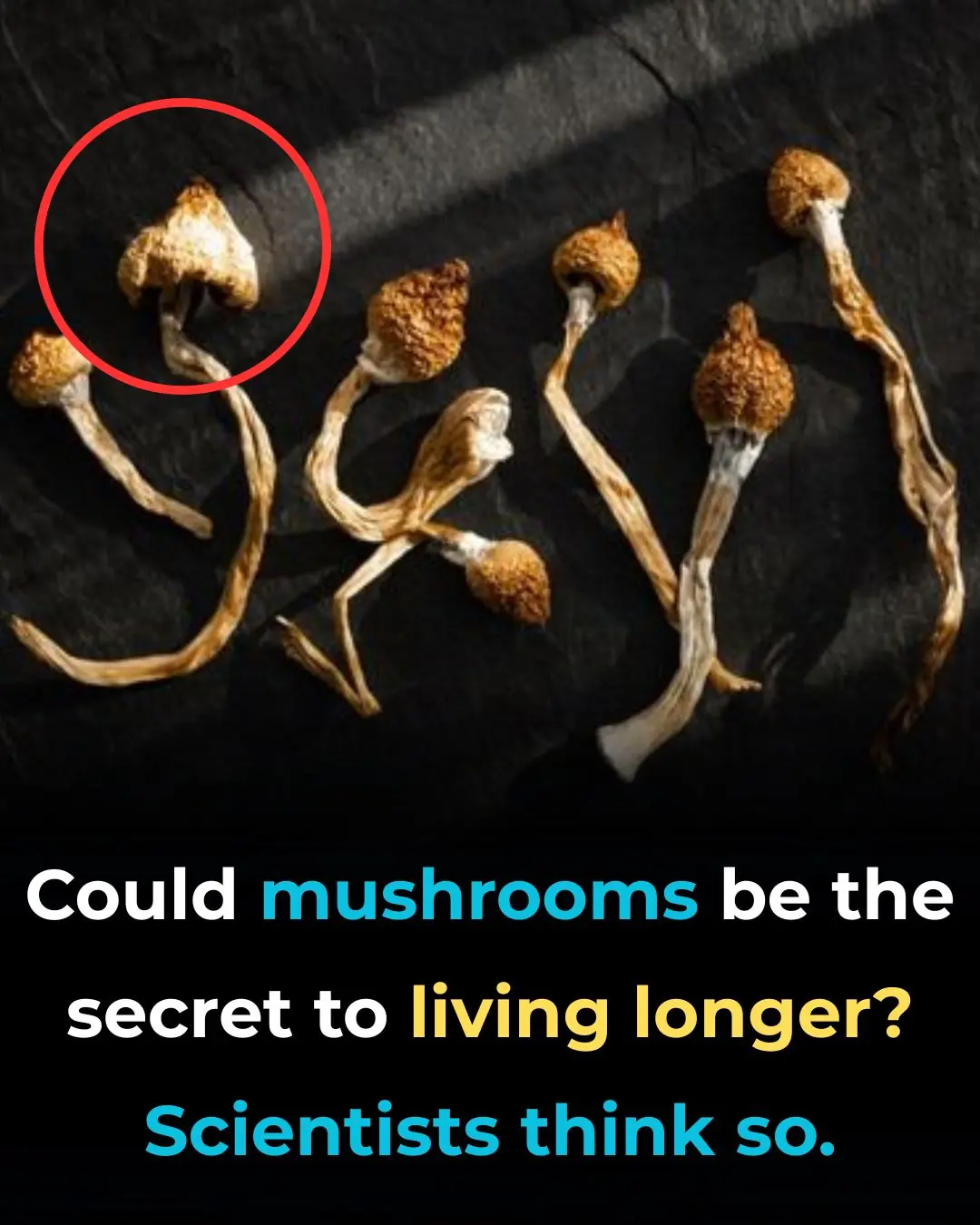
Could Psilocybin Be The Key To A Longer Life? Researchers Are Shocked

If You See A Fence Painted Purple, You Better Know What It Means – Knowing This Can Save Your Life
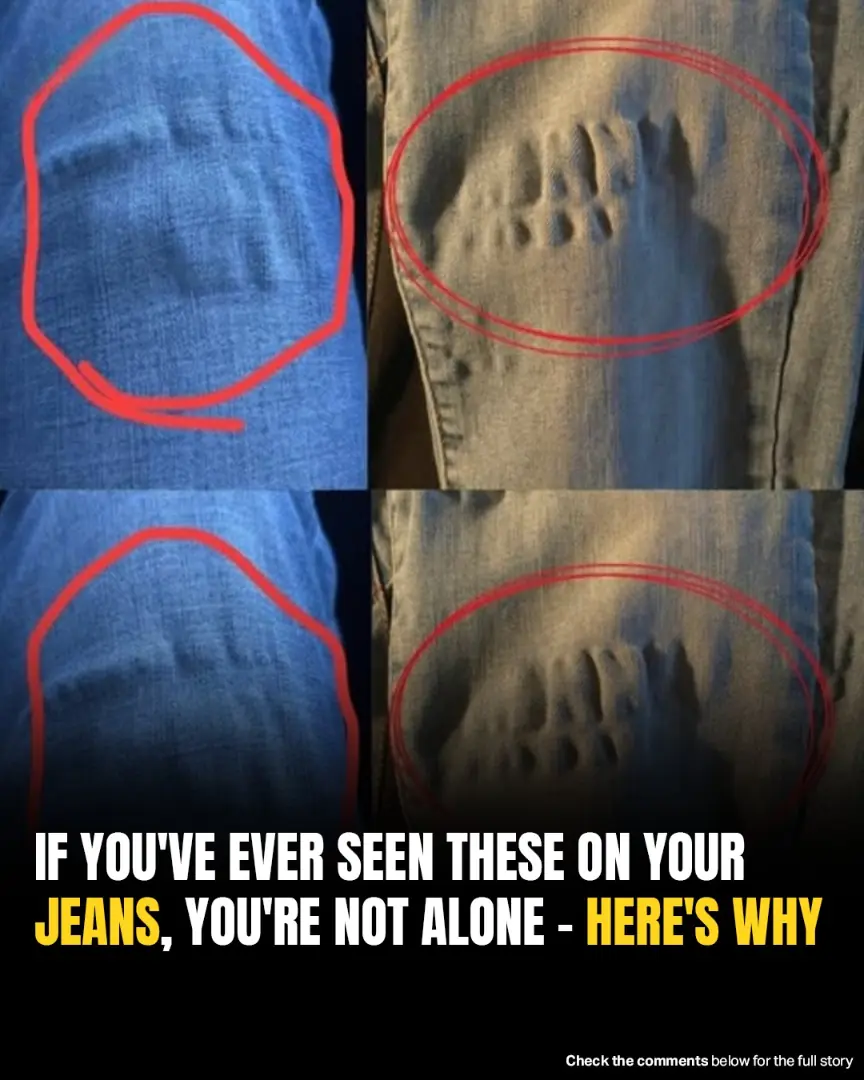
What Causes Those Strange Ripples In Your Jeans After Washing?

Expert reveals horrifying reality of what would happen if Earth's rotation continues to speed up

Largest piece of Mars ever on Earth could fetch stunning $4,000,000 at auction
News Post
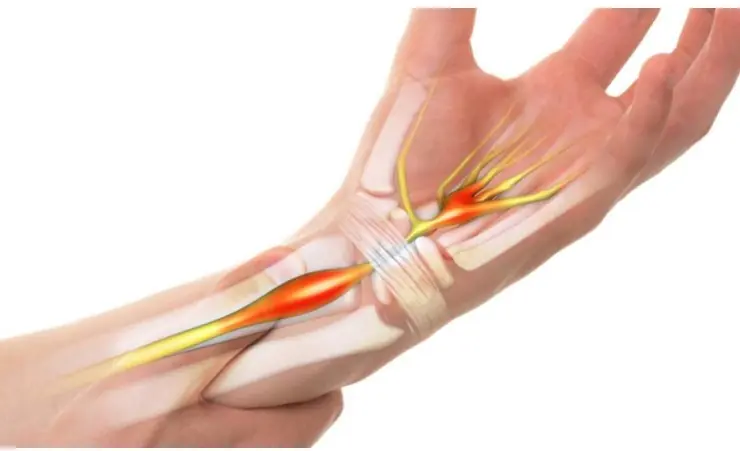
Waking Up with Numb or Tingling Hands: What It Really Means (Science-Based)
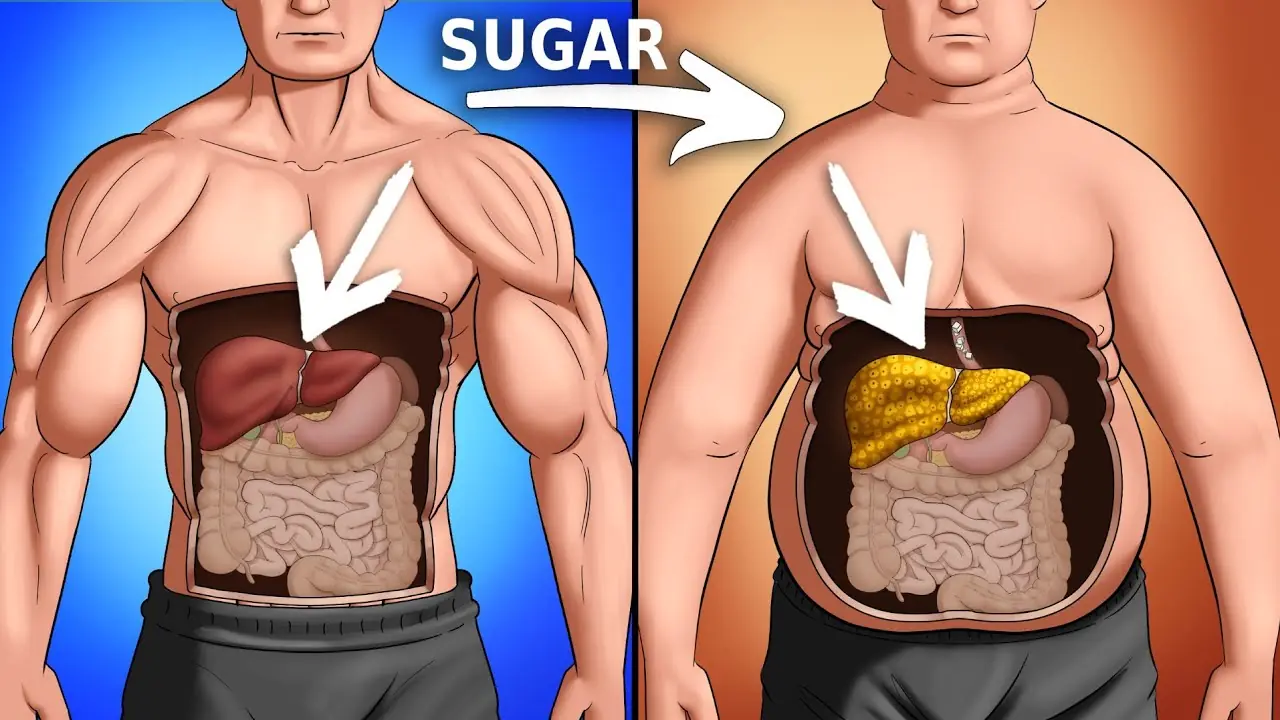
Scientists Explain The Effects of Eating Too Much Sugar
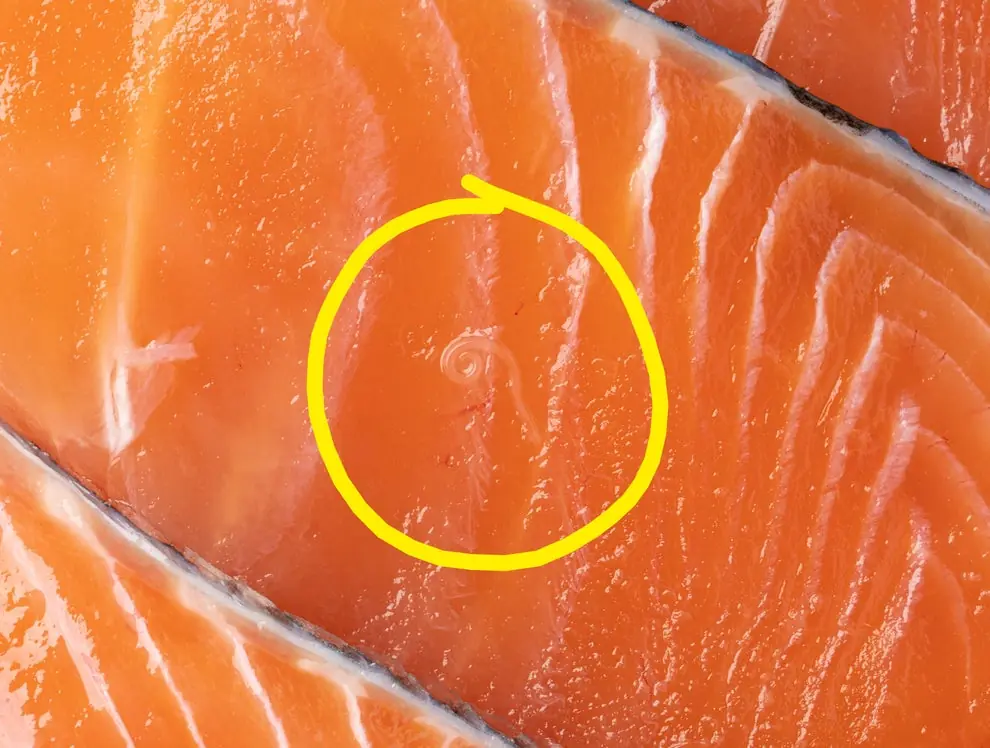
Urgent Warning: U.S. Salmon May Be Infected with Japanese Tapeworm, Say Scientists

Earth Plunged Into Darkness For Six Minutes In Rare Event Not Seen In A Century

Brain Teaser: Can you identify the error in this family’s dining room photo in under 15 seconds?

Authorities Discover 1,600‑Foot Drug Tunnel Under Us–Mexico Border With Lighting And Rail System

Bill Gates Says Only 3 Jobs Are Safe From AI — Are You In One Of Them?

Here’s What It Really Means When A Man Turns His Back In Bed

If You See A Man With One Painted Fingernail, Here’s What It Means

This house looked like it was about to fall into itself until one family stepped in
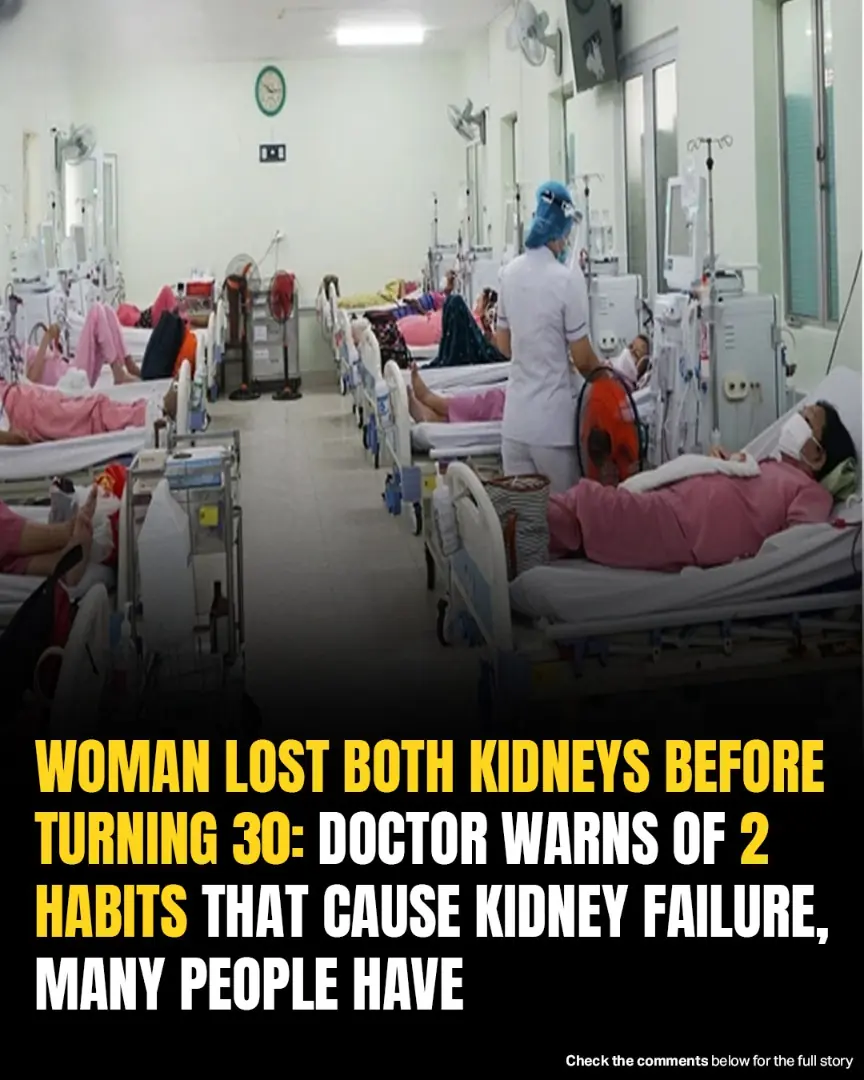
Why Kidney Failure Is Striking The Young—And How To Stop It

Bill Gates reveals profession which will remain '100% human' even after AI replaces most jobs

People shocked after passenger filmed as their phone went through X-ray scanner at airport

Mammoth structures discovered beneath Africa could be 'ancient planet' 4,500,000,000 years old

YouTuber discovers 78-year-old woman who's been keeping her own world alive in a 'dead' game for years

Nurse Reveals The Spine-Chilling Truth About What Happens After We Die

If You See A Man With One Painted Fingernail, Here’s What It Means

One Month Before A Heart Attack, Your Feet Will Give You These 6 Silent Warnings

Six Minutes Beyond Life: What I Saw After Dying And Coming Back
